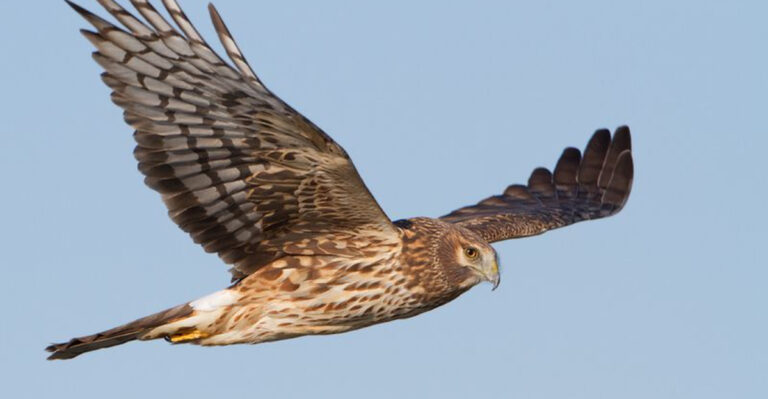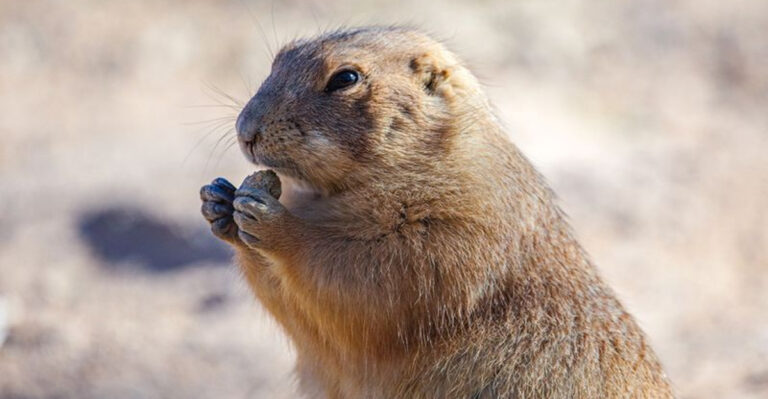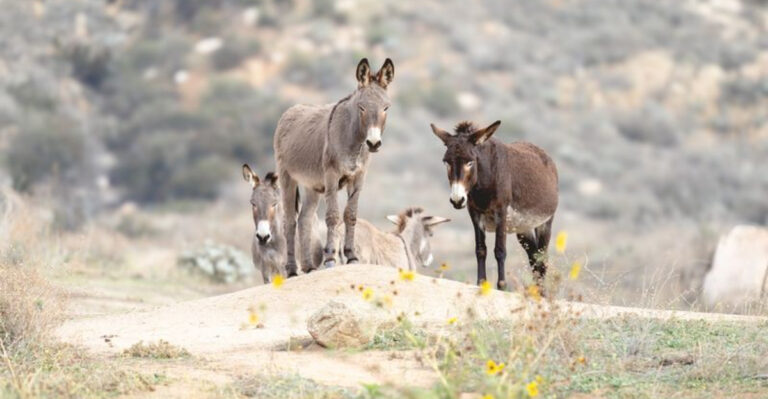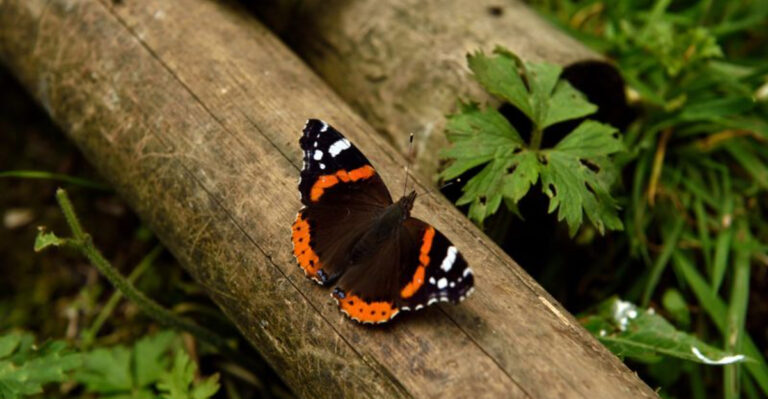Top 30 Reasons Why Vultures Deserve Your Love And Respect
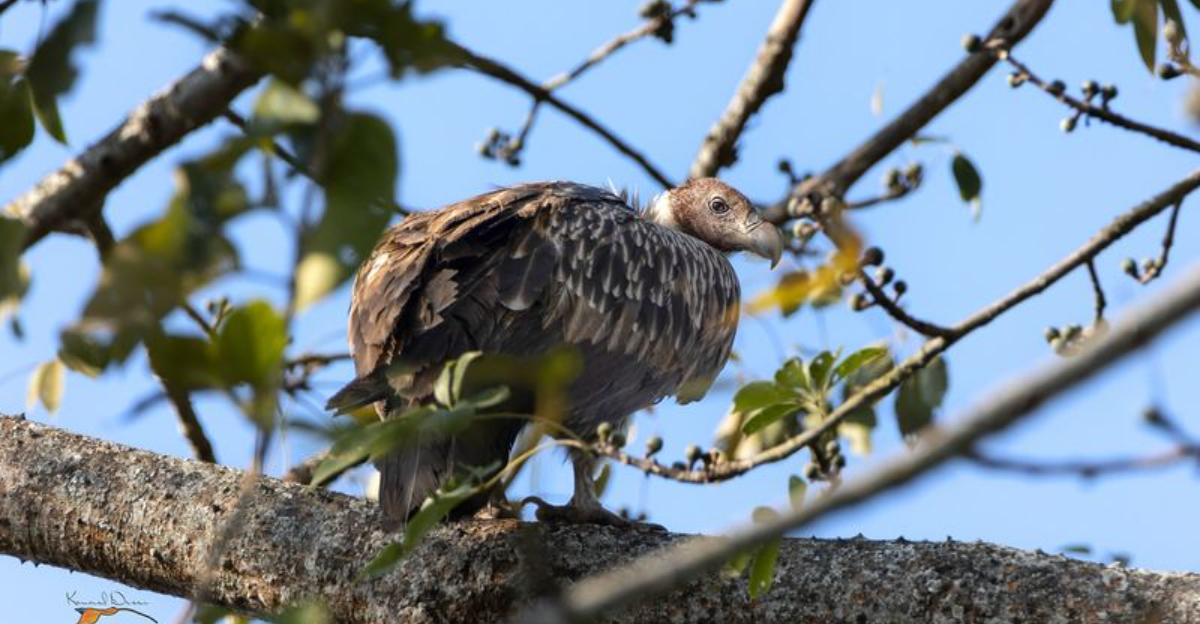
Vultures, often misunderstood as ominous harbingers of doom, play an indispensable role in our ecosystems.
These magnificent creatures are not just nature’s cleanup crew; they are vital for maintaining environmental balance.
1. Role In Climate Regulation
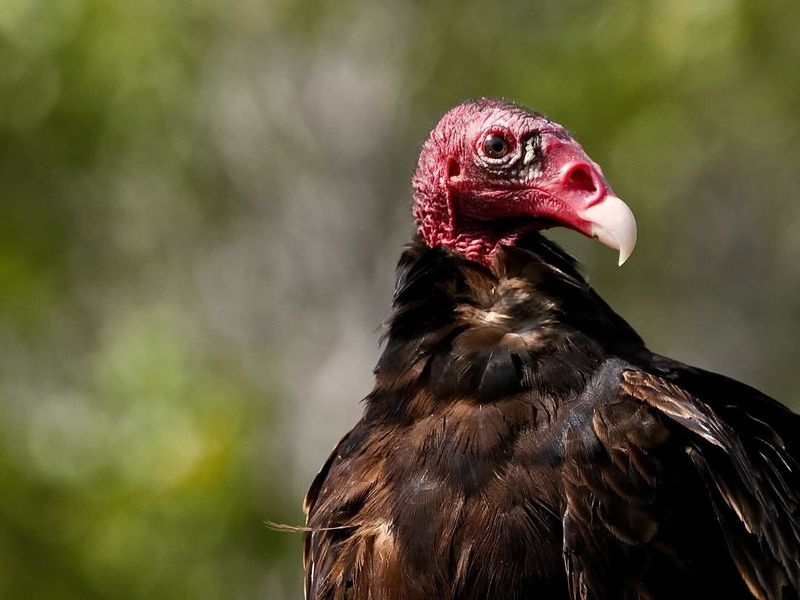
Vultures contribute to climate regulation by recycling nutrients in ecosystems, which helps maintain soil health and supports vegetation growth.
By efficiently consuming carcasses, they prevent the buildup of decomposing organic matter that can contribute to increased greenhouse gases.
2. Invaluable Educational Tools
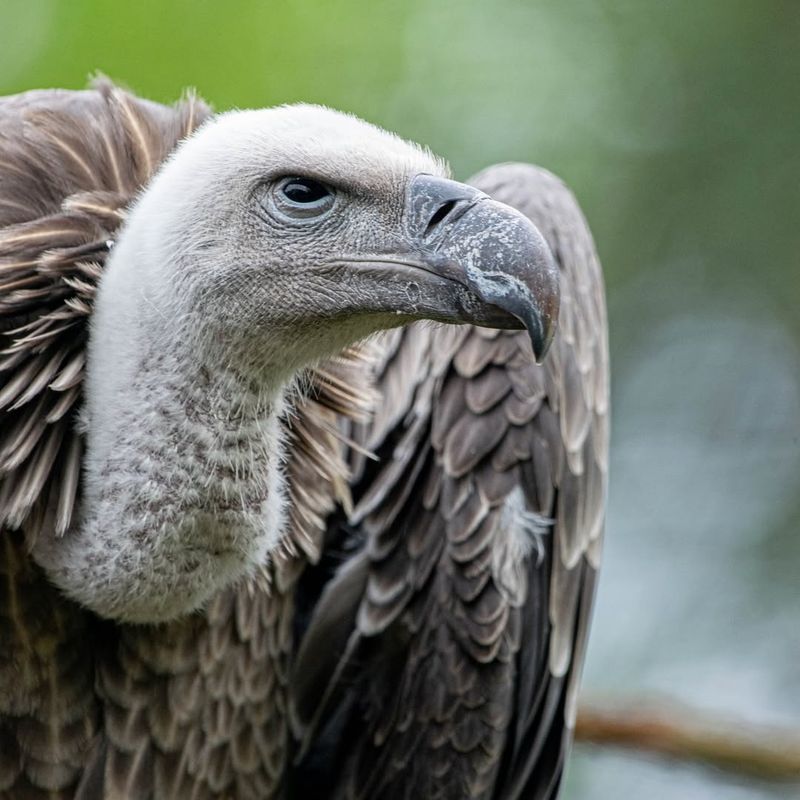
Vultures play an important role in educating the public and scientists about the interconnectedness of ecosystems.
Their unique behaviors, feeding habits, and ecological importance offer valuable learning opportunities for wildlife enthusiasts, conservationists, and researchers.
3. Nature’s Sanitation Experts

Vultures are unparalleled sanitation experts in the natural world. Their keen eyesight allows them to spot carcasses from miles away, making them efficient at locating and consuming dead animals.
This not only prevents the spread of disease but also aids in nutrient recycling, ensuring that ecosystems remain healthy and balanced.
4. Impressive Flight Adaptations
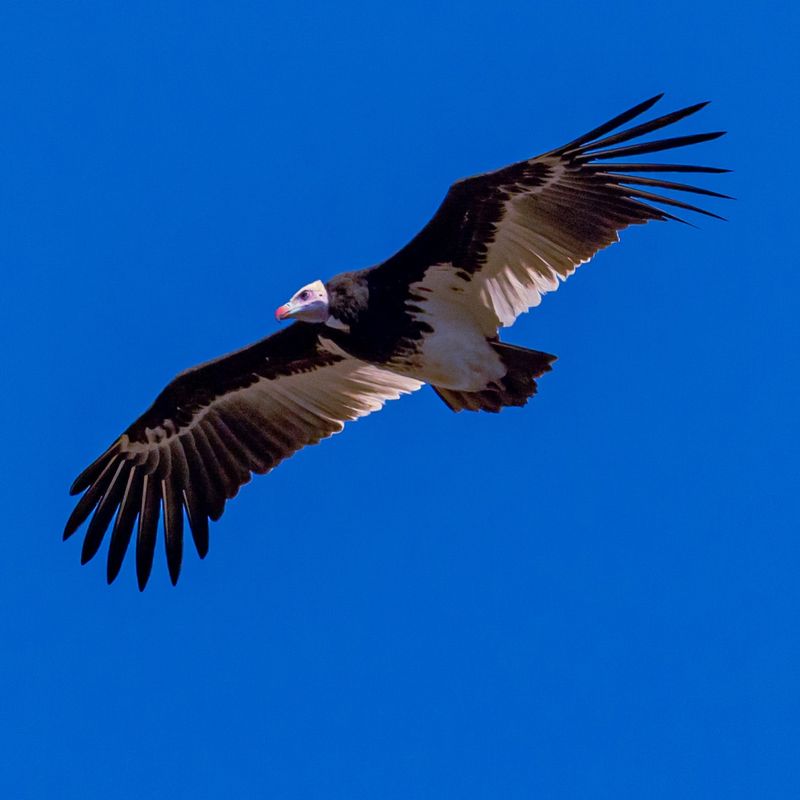
Vultures possess remarkable flight adaptations that make them masters of the sky.
With broad wingspans and strong, lightweight bones, they can soar effortlessly for hours, utilizing thermal air currents to travel vast distances with minimal energy expenditure. This ability to glide for long periods is essential for covering large areas in search of food.
5. Efficient Carcass Disposal
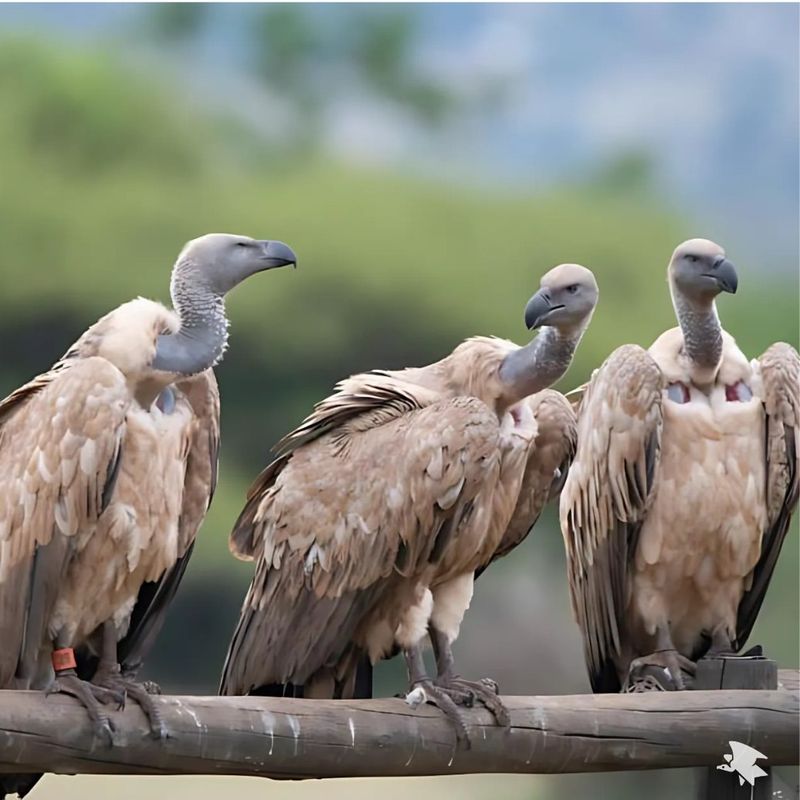
One of the most remarkable traits of vultures is their efficiency in disposing of carcasses. They can strip a carcass down to the bones in mere minutes, thanks to their powerful beaks and strong stomach acids, which can digest even the toughest tissues.
This rapid consumption is crucial in tropical climates, where decomposition needs to occur quickly to prevent the spread of disease.
6. Disease Prevention Heroes
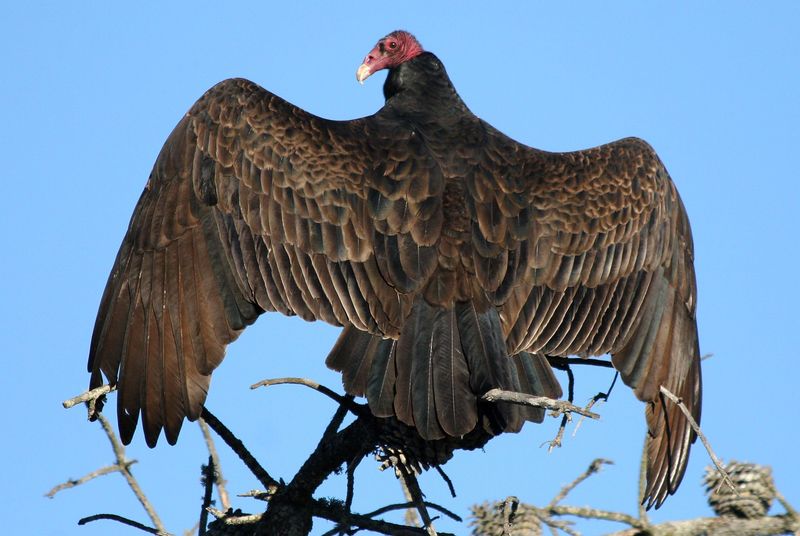
Vultures play a critical role in preventing the spread of diseases that can be transmitted from dead animals to humans and other wildlife.
Their highly acidic stomachs are capable of digesting carcasses infected with bacteria and viruses, neutralizing pathogens that pose a threat to other animals and the environment.
By consuming carcasses that might otherwise harbor diseases such as rabies or anthrax, vultures act as natural biofilters.
7. Cultural Significance
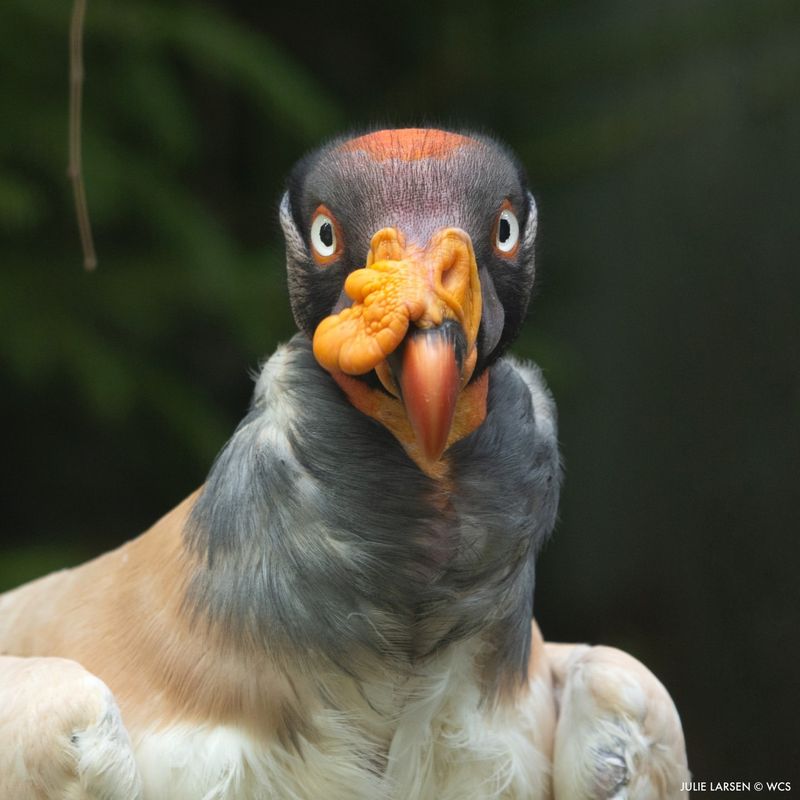
Vultures hold significant cultural value in various societies across the globe. In some cultures, they are seen as symbols of renewal and transformation, associated with rituals and traditions that honor the cycle of life and death.
Their presence in mythologies and folklore often highlights their role as intermediaries between the earthly and spiritual realms.
8. Vital Ecosystem Components
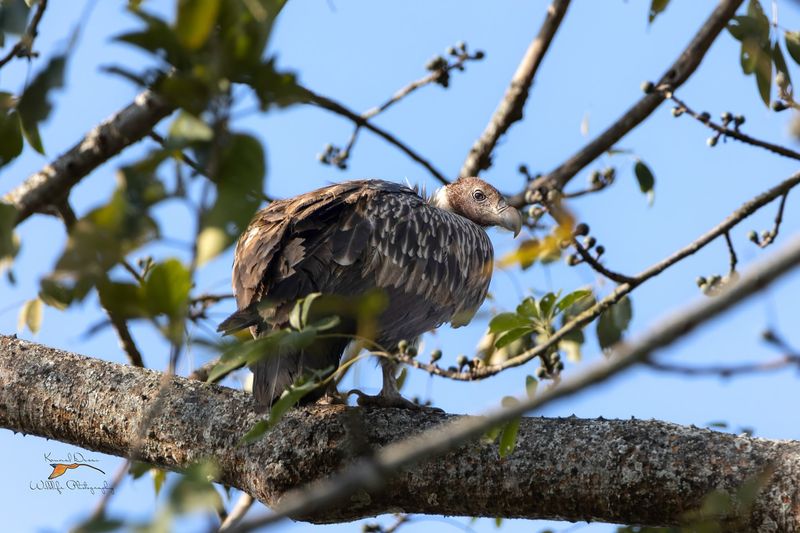
Vultures are indispensable components of ecosystems, providing essential services that ensure the health and stability of natural environments.
As scavengers, they regulate the carrion-eating species and maintain the balance between prey and predator populations, preventing the over-abundance of certain species that could lead to ecological imbalances.
9. Unique Feeding Habits
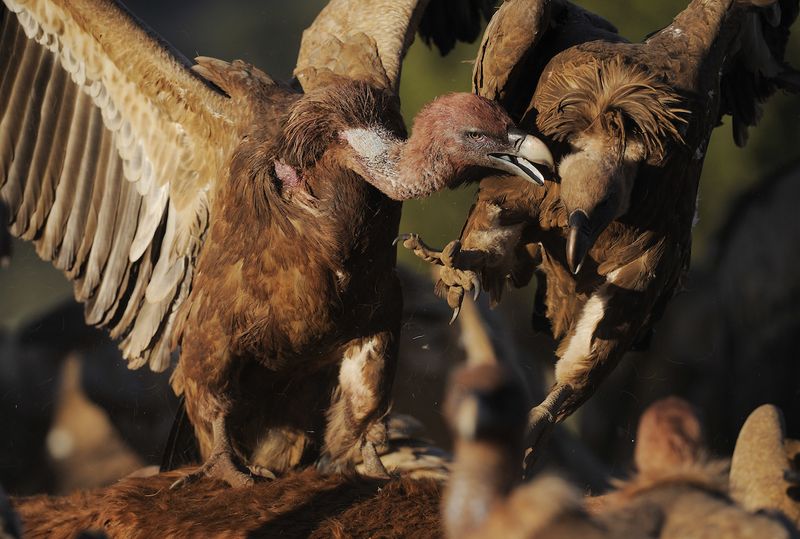
Vultures exhibit unique feeding habits that distinguish them from other birds of prey.
Their specialized beaks allow them to tear through tough animal hides and access nutrient-rich internal organs, which are essential for their survival. This feeding strategy is not only efficient but also minimizes competition with other scavengers.
10. Inspiration For Engineers
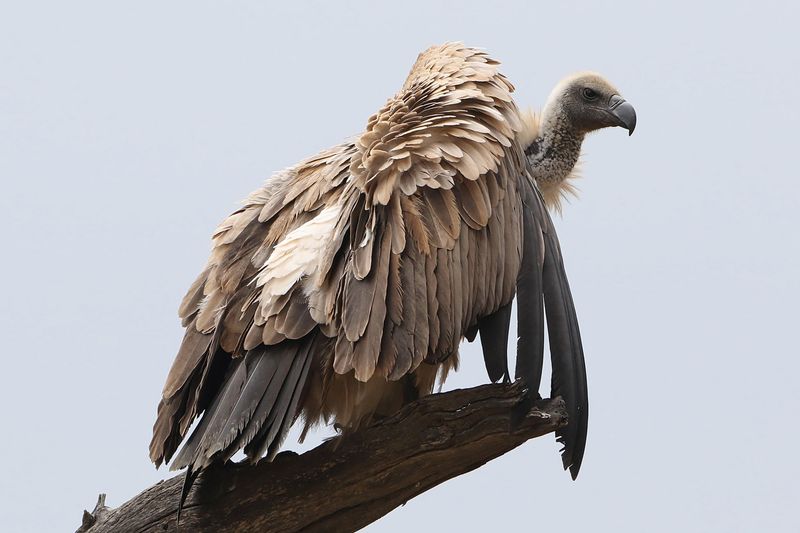
Vultures have inspired engineers and designers seeking to improve aerodynamic efficiency in technology. Their ability to soar for hours with minimal energy expenditure has been studied to develop more efficient aircraft designs.
The structure of their wings and their flight techniques offer valuable lessons in aerodynamics and energy conservation.
By mimicking vultures’ gliding capabilities, engineers aim to create aircraft that require less fuel and produce fewer emissions, contributing to sustainable aviation.
11. Educational Importance
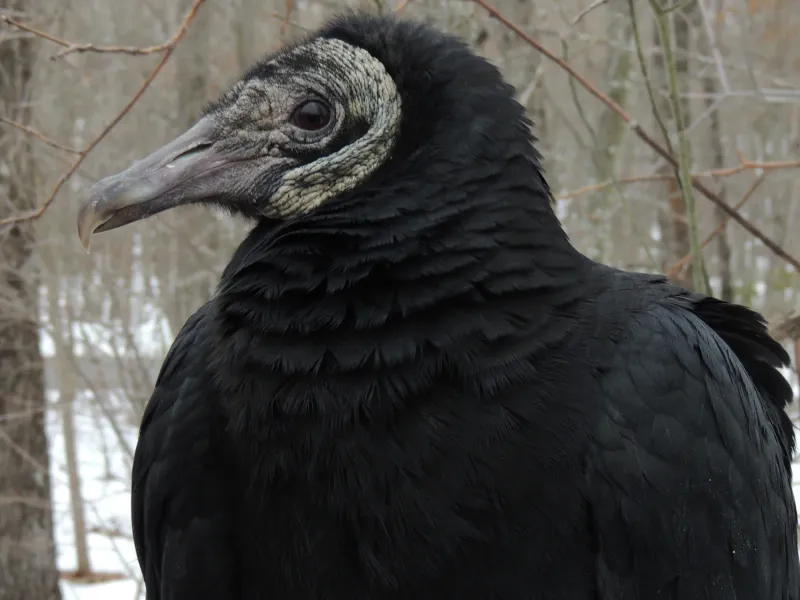
Vultures hold significant educational value, offering insights into the complexity and functioning of ecosystems.
Their role as scavengers teaches us about nutrient cycling and the importance of biodiversity in maintaining ecological balance. By studying vultures, students and researchers can gain a better understanding of the interconnectedness of life on Earth.
12. Role In Nutrient Cycling
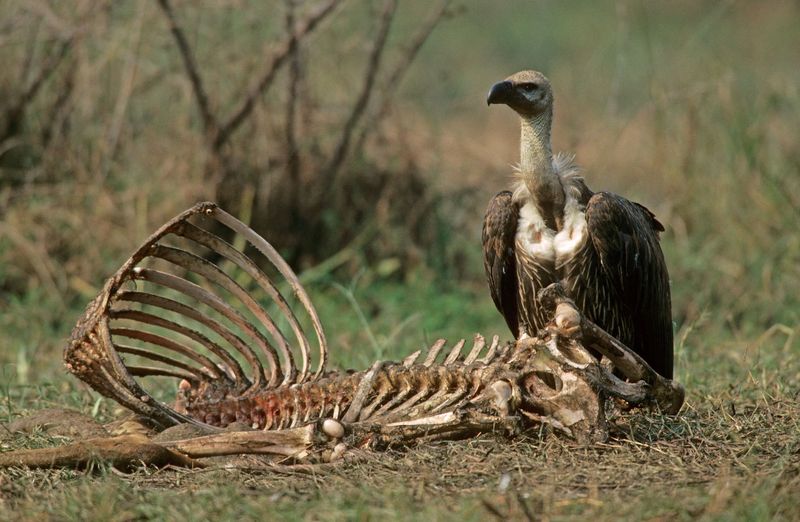
Vultures play a pivotal role in nutrient cycling by breaking down animal remains and returning nutrients to the soil. When vultures consume carcasses, they accelerate the decomposition process, ensuring that nutrients are quickly recycled back into the ecosystem.
This nutrient recycling supports plant growth, which in turn sustains herbivores and the predators that rely on them. The presence of vultures helps maintain the balance of ecosystems by facilitating the flow of nutrients through various trophic levels.
13. Conservation Challenges
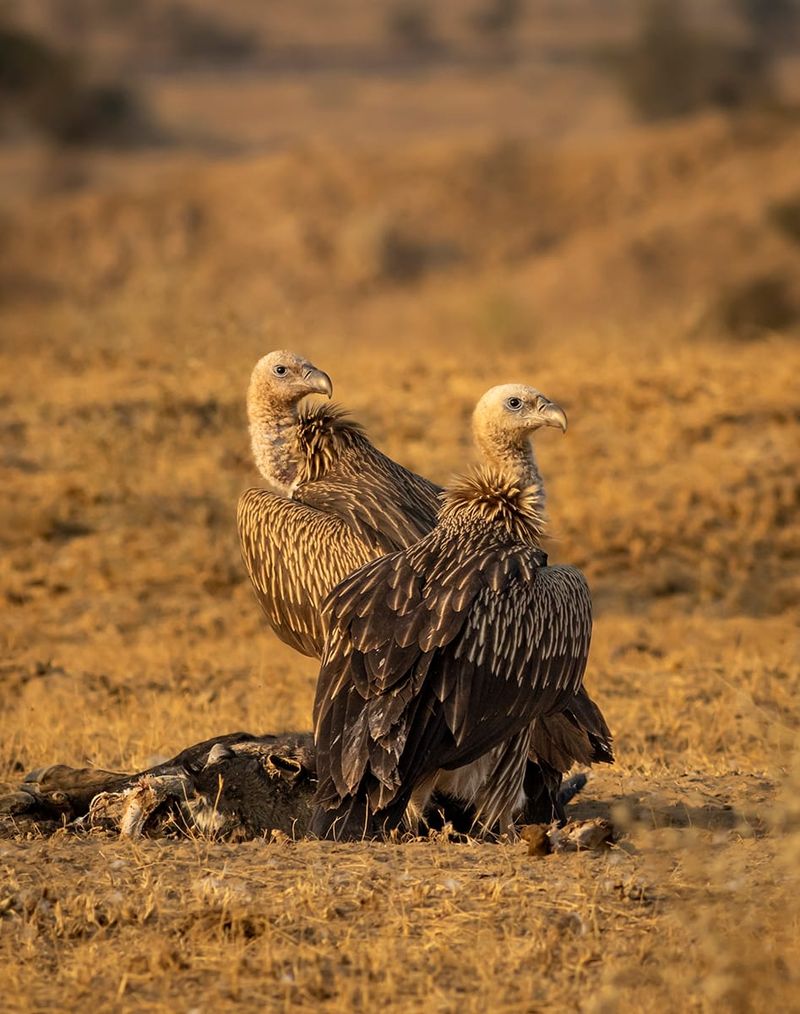
Vultures face significant conservation challenges, with many species currently threatened by habitat loss, poisoning, and collisions with human-made structures. Conservationists are working tirelessly to address these threats and ensure the survival of these essential birds.
Efforts include establishing protected areas, enforcing anti-poisoning laws, and promoting vulture-friendly practices in agriculture and energy production.
14. Adaptability To Diverse Habitats
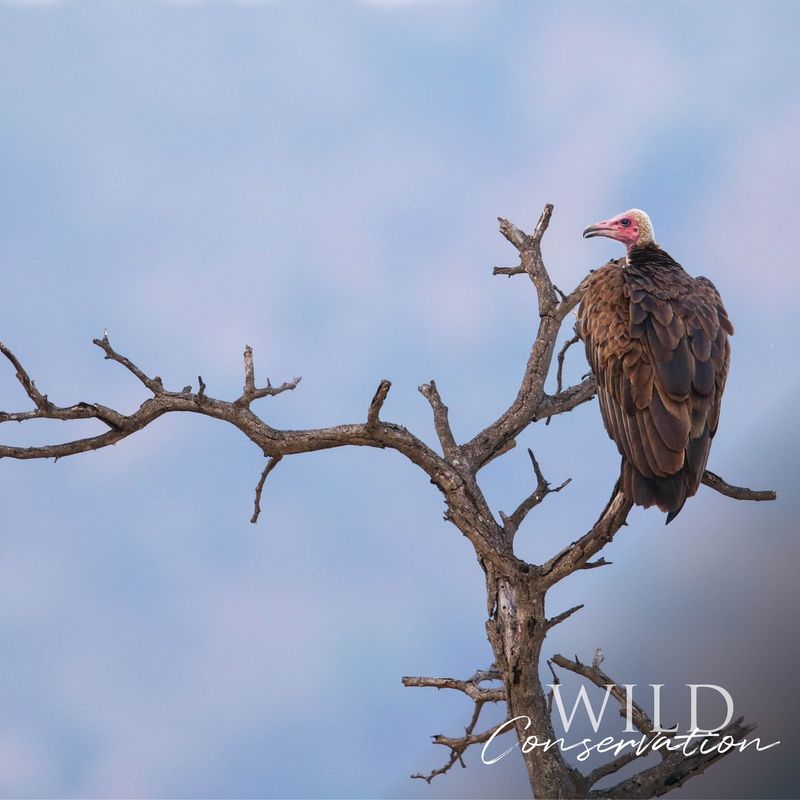
Vultures are incredibly adaptable birds, thriving in a wide range of habitats including deserts, mountains, savannas, and forests. Their adaptability is a result of their physiological and behavioral traits, which allow them to survive in some of the harshest conditions on Earth.
In deserts, vultures can go weeks without water, obtaining moisture from the food they consume. Their ability to soar at high altitudes helps them locate food over vast areas, ensuring their survival even in resource-scarce environments.
15. Critical For Wilderness Areas
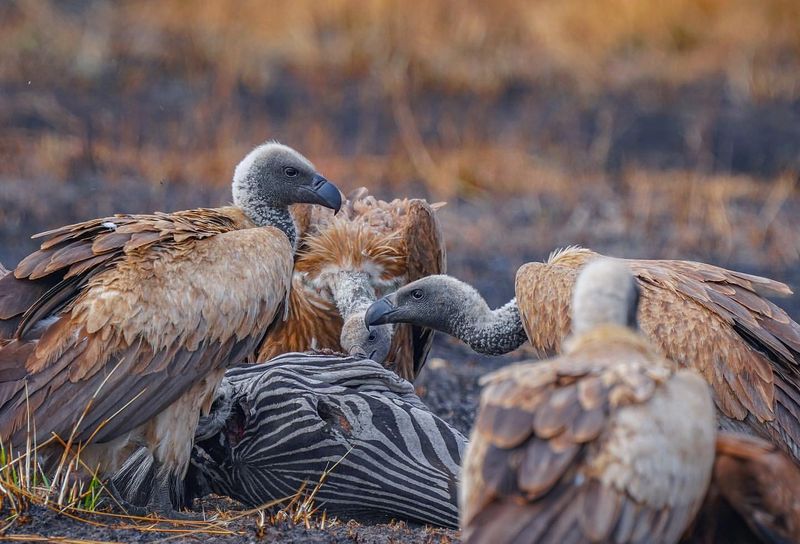
Vultures are crucial for maintaining the integrity of wilderness areas, where they act as natural cleaners, ensuring that ecosystems remain balanced and healthy.
By efficiently disposing of carcasses, vultures prevent the spread of disease and contribute to nutrient cycling, supporting the overall health of these remote environments.
16. Majestic Social Behavior
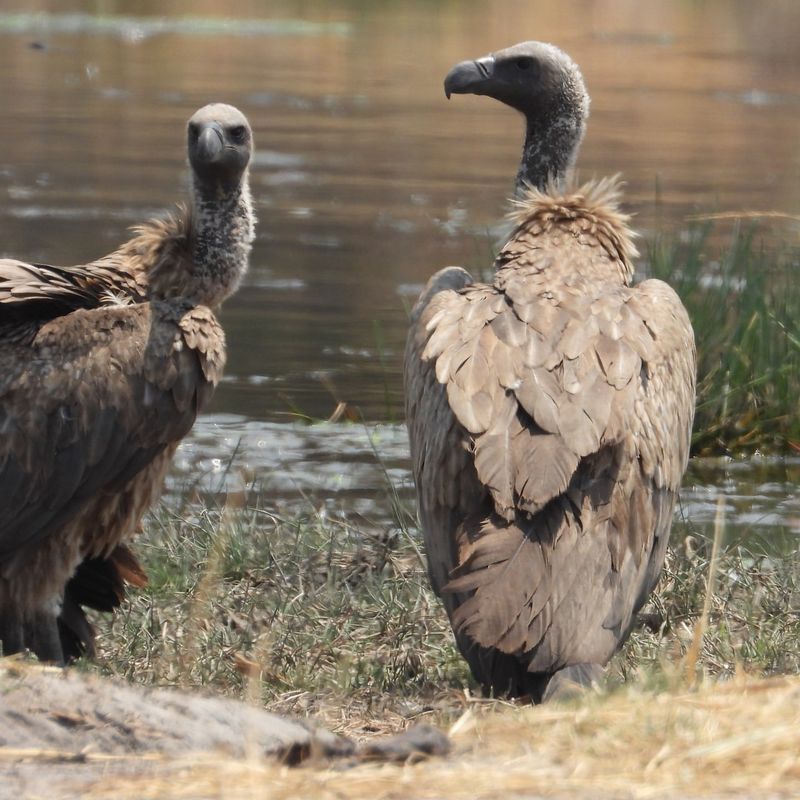
Vultures exhibit fascinating social behaviors that contribute to their survival and ecological success. They often feed in large groups, a behavior that not only provides safety in numbers but also allows them to quickly consume carcasses before other scavengers arrive.
Their social interactions extend beyond feeding, with vultures often seen congregating at roosting sites where they communicate through a variety of vocalizations and body language. These gatherings strengthen social bonds and facilitate information exchange about food sources and environmental conditions.
17. Masterful Navigators
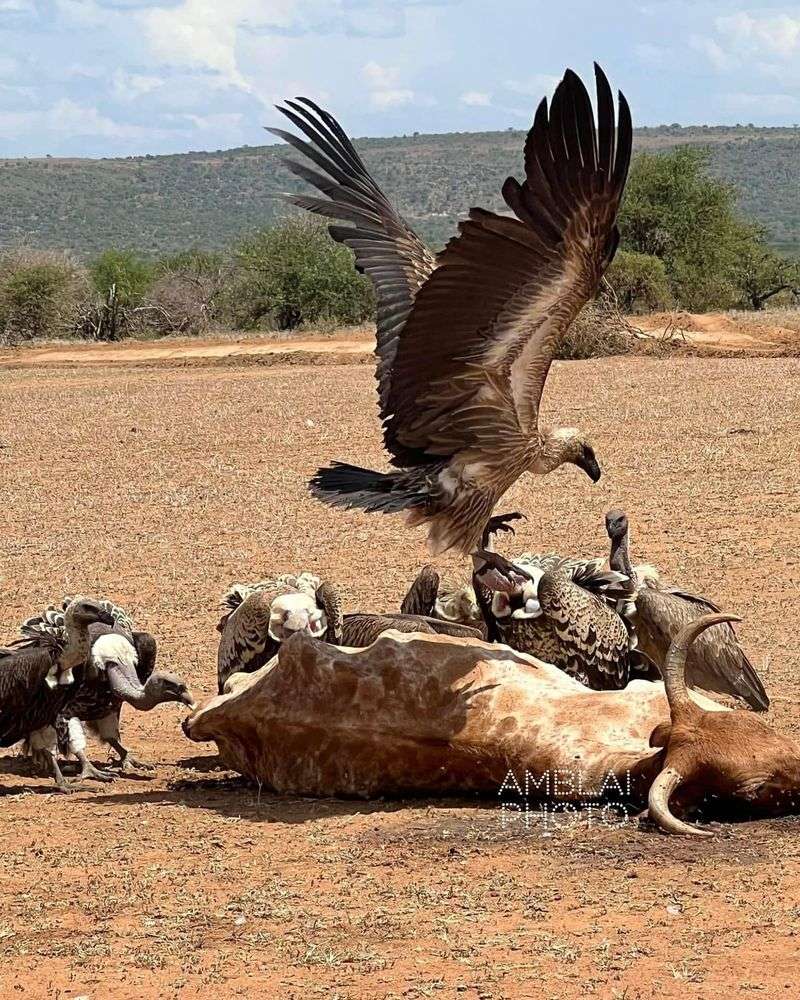
Vultures are masterful navigators, capable of traversing vast distances with remarkable precision. Their keen sense of direction and ability to read environmental cues enable them to find food sources and navigate through challenging weather conditions.
Their navigation skills are aided by their sharp eyesight and ability to detect thermal air currents, which they use to soar efficiently over large areas. This capability allows them to conserve energy during long flights, making them highly effective at locating carrion.
18. Symbol Of Transformation
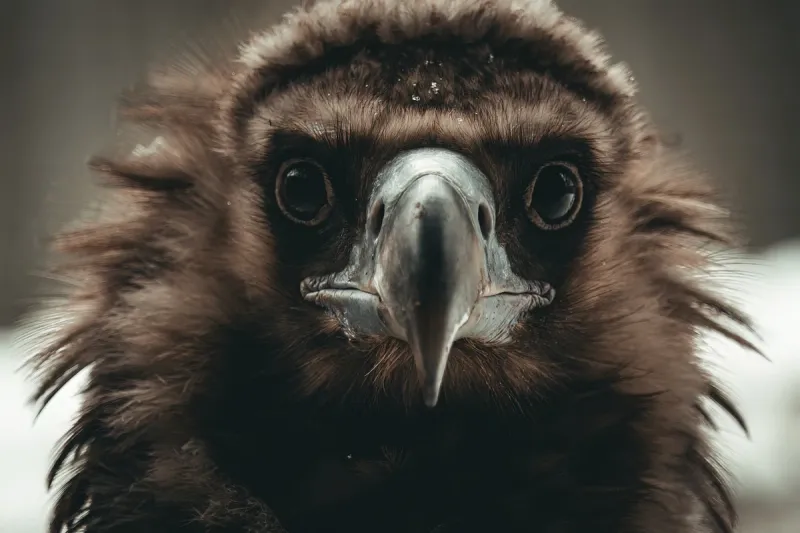
Vultures are often seen as symbols of transformation and renewal, embodying the cycle of life and death in nature. Their role in consuming dead animals and recycling nutrients back into the ecosystem highlights their contribution to the continuous process of renewal in the natural world.
In many cultures, vultures are revered as sacred creatures, representing the transformative power of nature. Their presence in rituals and mythology underscores their symbolic significance and the respect they command for their ecological role.
19. Unique Digestive Systems
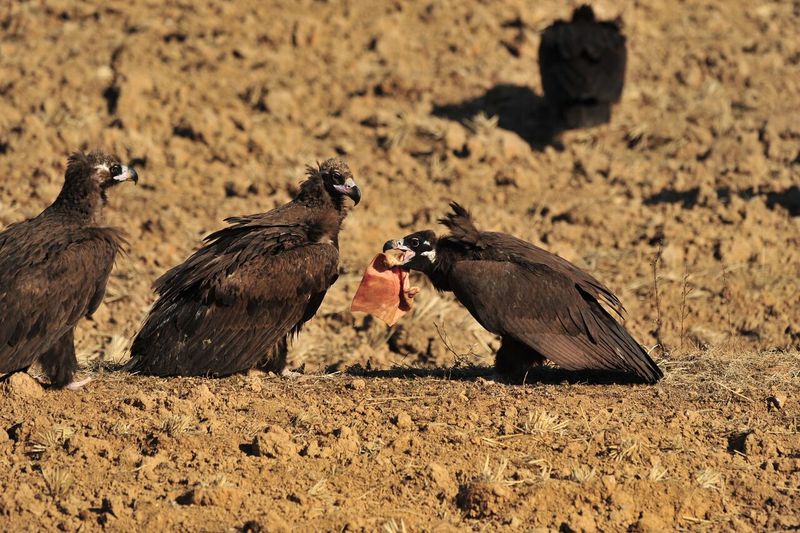
Vultures possess unique digestive systems that set them apart from other birds of prey. Their stomachs produce highly acidic digestive juices capable of breaking down tough animal tissues and neutralizing harmful pathogens, including those that cause diseases like anthrax and botulism.
This digestive prowess allows vultures to safely consume carcasses that might be lethal to other animals, making them invaluable in controlling the spread of disease. Their ability to digest such a wide range of organic material demonstrates their evolutionary adaptation to a scavenging lifestyle.
20. Guardians Of Biodiversity
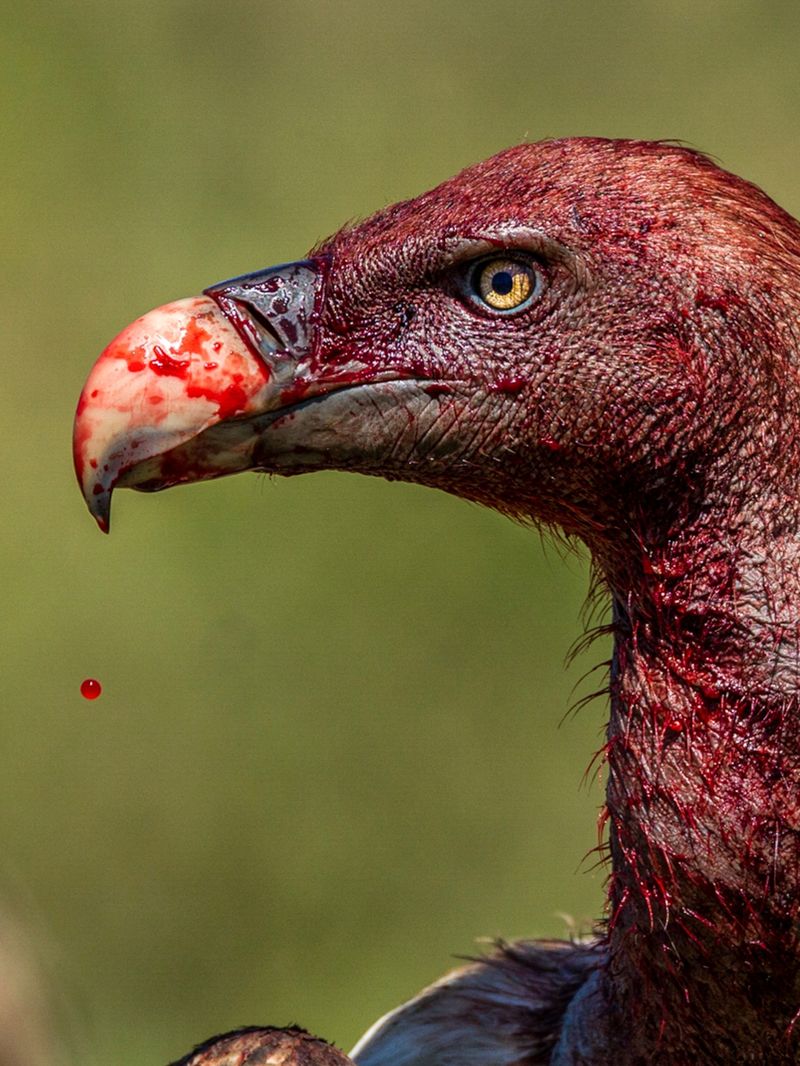
Vultures play a crucial role in preserving biodiversity by maintaining the balance of ecosystems. Their scavenging habits prevent the overpopulation of certain species, such as feral dogs and rats, which could otherwise dominate and disrupt ecological harmony.
By controlling the spread of diseases through the rapid consumption of carcasses, vultures help protect vulnerable species from disease outbreaks that could decimate populations. Their presence supports the health and resilience of ecosystems, ensuring that diverse species can coexist and thrive.
21. Signs Of Healthy Ecosystems
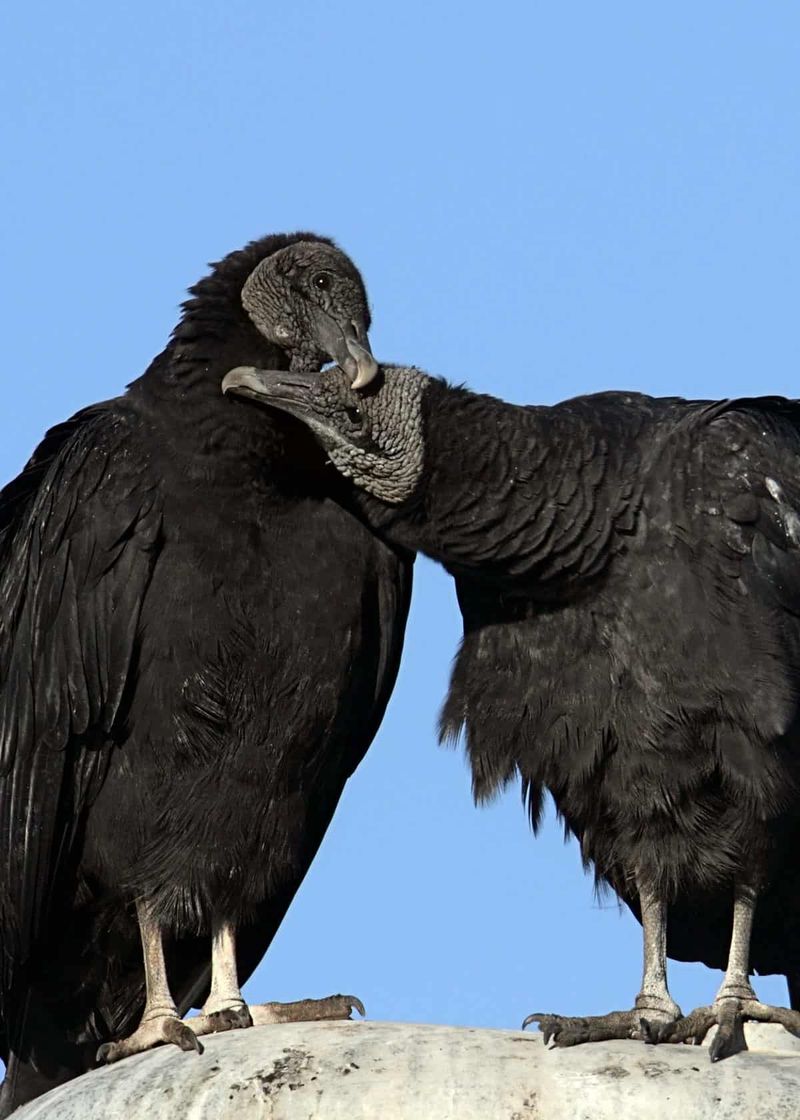
The presence of vultures is an indicator of a healthy ecosystem. As scavengers, they rely on a stable supply of carcasses, which in turn reflects a balanced population of herbivores and predators. Their presence signals that the natural processes of life and death are functioning effectively within the ecosystem.
Vultures contribute to the health of ecosystems by controlling the spread of diseases and facilitating nutrient cycling. Their role ensures that ecosystems remain resilient and capable of supporting a diverse array of species.
22. Essential For Human Health
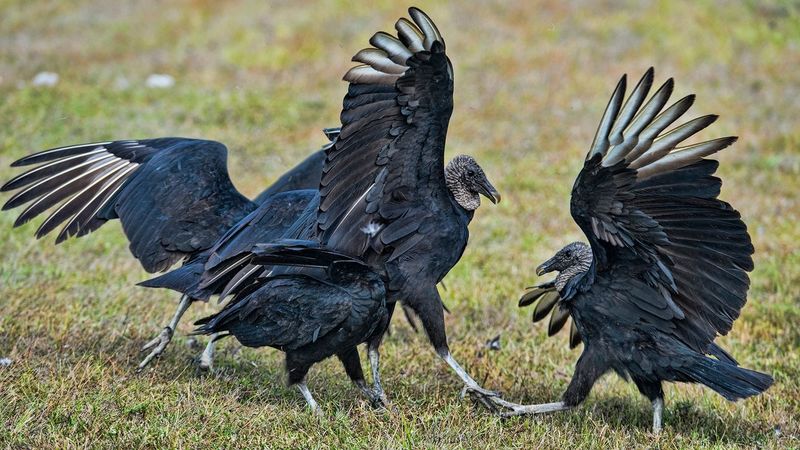
Vultures are essential for human health, as they significantly reduce the risk of disease transmission by consuming animal carcasses. By swiftly disposing of dead animals, vultures prevent the proliferation of disease-carrying pests such as flies and rats, lowering the likelihood of diseases spreading to humans.
In areas where vultures have declined, there has been an observable increase in rabies and other zoonotic diseases due to the rise in feral dog populations. This highlights the critical role vultures play in protecting human communities from health risks associated with decaying organic matter.
23. Keystones Of Wildlife Conservation
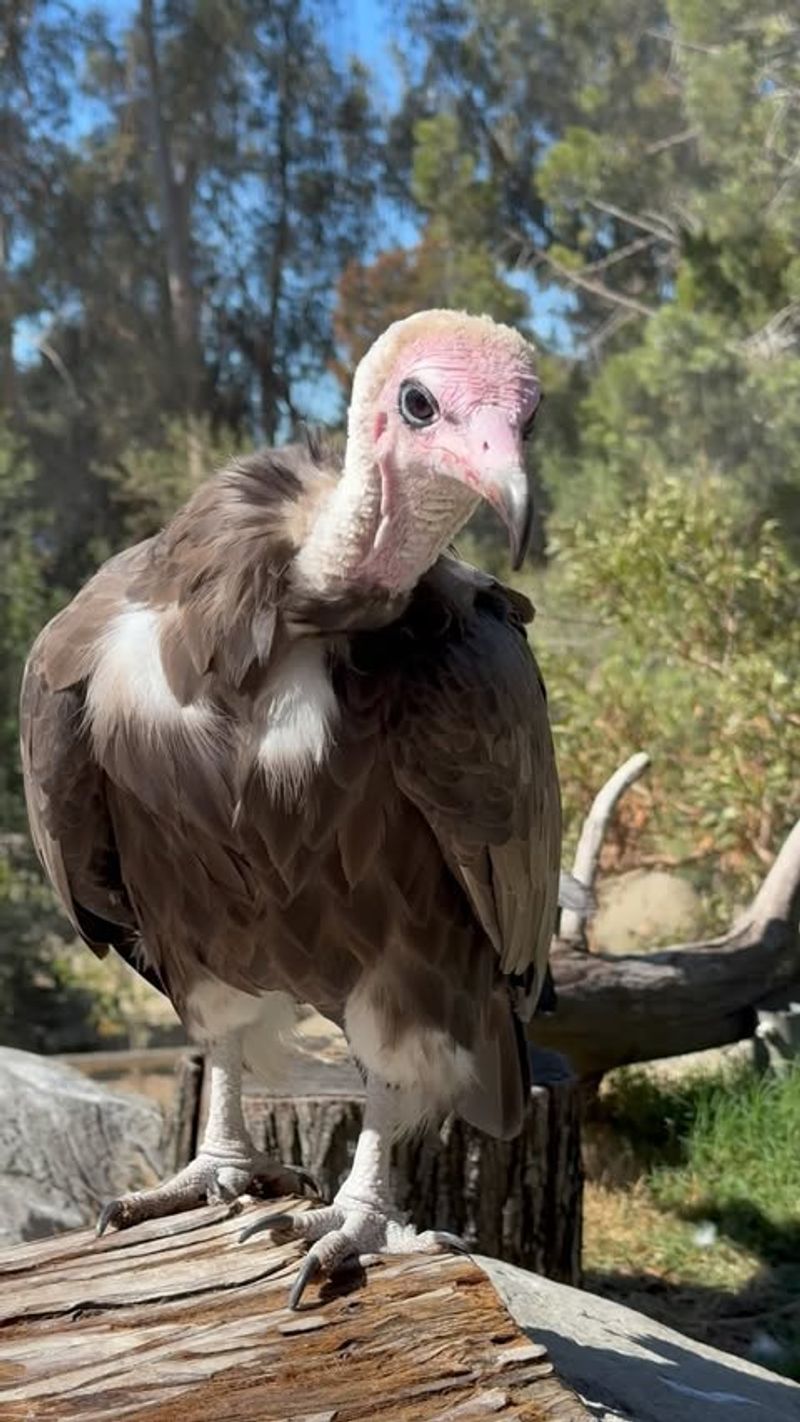
Vultures are keystone species, meaning their presence and ecological role have a disproportionate impact on the structure and functioning of ecosystems. Their scavenging activities support a wide range of other species and processes, making them integral to wildlife conservation efforts.
Efforts to conserve vultures often involve protecting habitats, reducing poisoning incidents, and promoting sustainable practices in agriculture and energy production. These initiatives benefit not only vultures but also the broader ecosystem, ensuring the survival of countless other species.
24. Symbols Of Resilience
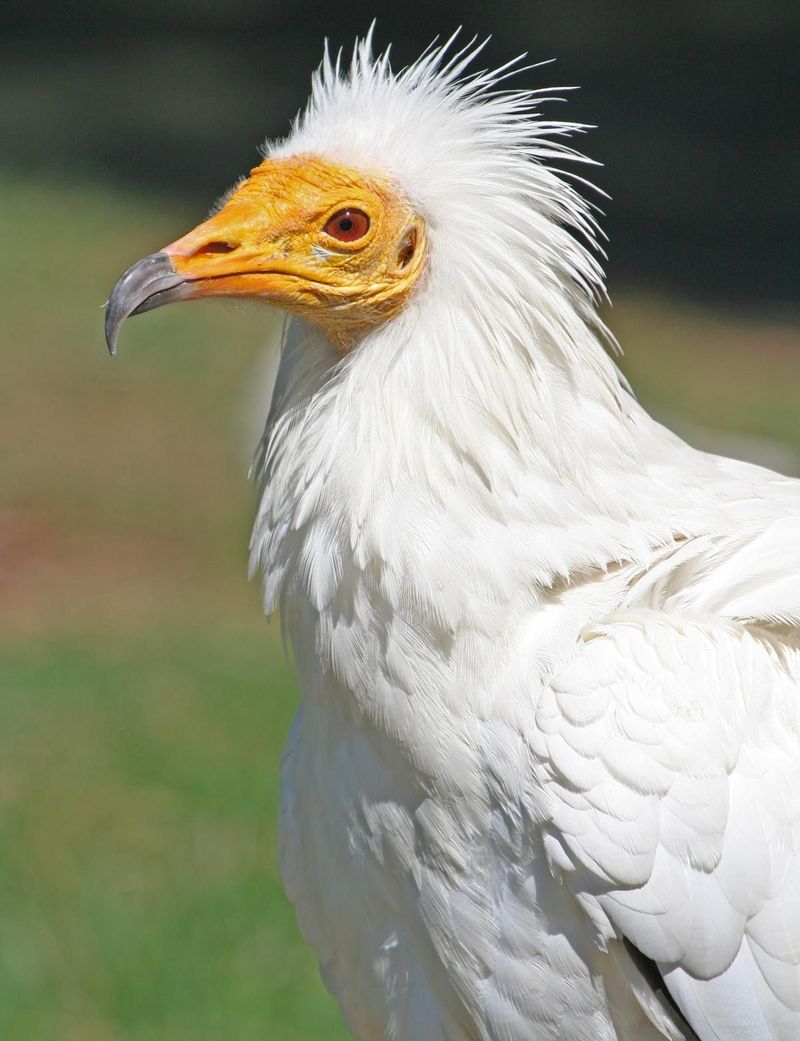
Vultures embody resilience and adaptability, thriving in environments that are often harsh and unforgiving. Their ability to endure extreme temperatures and go without food for extended periods is a testament to their evolutionary success.
This resilience is mirrored in their ability to survive in human-altered landscapes, where they often face threats such as habitat destruction and poisoning. Vultures’ adaptability to changing conditions highlights the importance of supporting conservation efforts to ensure their continued survival.
25. Contributors To Scientific Research
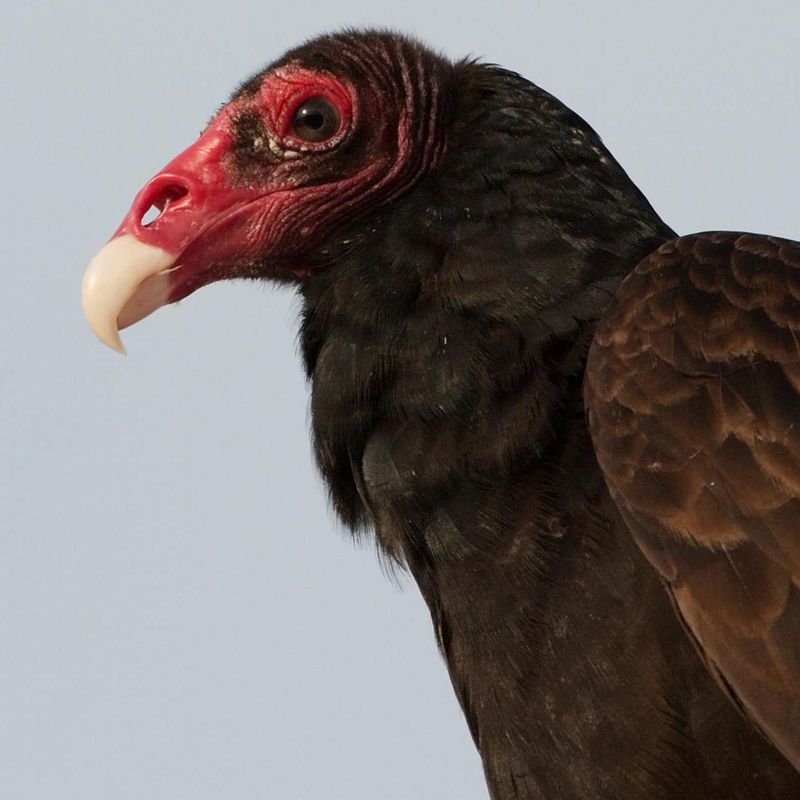
Vultures contribute to scientific research in various fields, from ecology and environmental science to evolutionary biology and even engineering. Their unique adaptations and ecological roles offer insights into the complexities of natural systems and the processes that sustain life.
Researchers study vultures to better understand nutrient cycling, disease dynamics, and animal behavior. These studies inform conservation strategies and enhance our knowledge of ecosystem functioning, underscoring the importance of preserving vulture populations.
26. Diverse Species Varieties
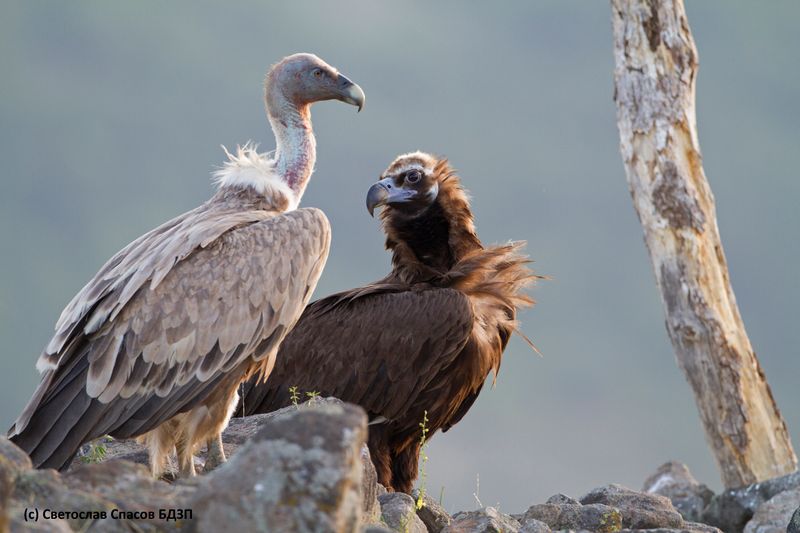
The vulture family includes a diverse array of species, each adapted to specific ecological niches and environments. From the mighty Andean condor soaring over the mountains of South America to the agile Egyptian vulture scavenging across the deserts of Africa, vultures exhibit remarkable diversity.
This diversity reflects the adaptability and specialization that vultures have developed over millions of years. Each species plays a unique role in its ecosystem, contributing to the overall health and balance of the natural world.
27. Vital For Rural Communities
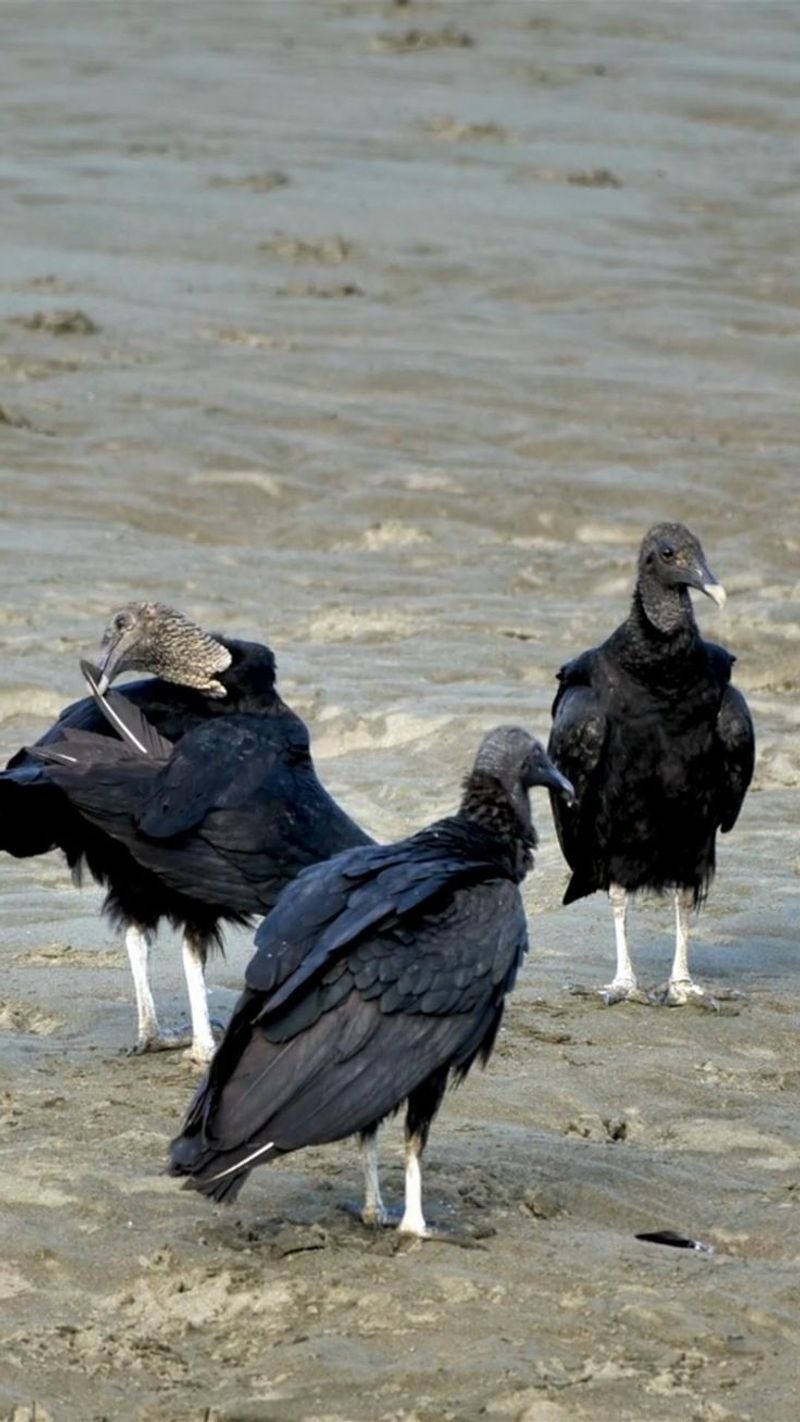
Vultures play an important role in rural communities by supporting agriculture and local livelihoods. Their efficient removal of animal carcasses helps farmers maintain clean and disease-free environments, reducing the risk of livestock diseases that can affect agricultural productivity.
In some regions, vultures are seen as allies by farmers, who appreciate their role in keeping the environment clean and free of pests. By ensuring the health of rural landscapes, vultures indirectly support the well-being of the communities that depend on these lands.
28. Cleansing The Air
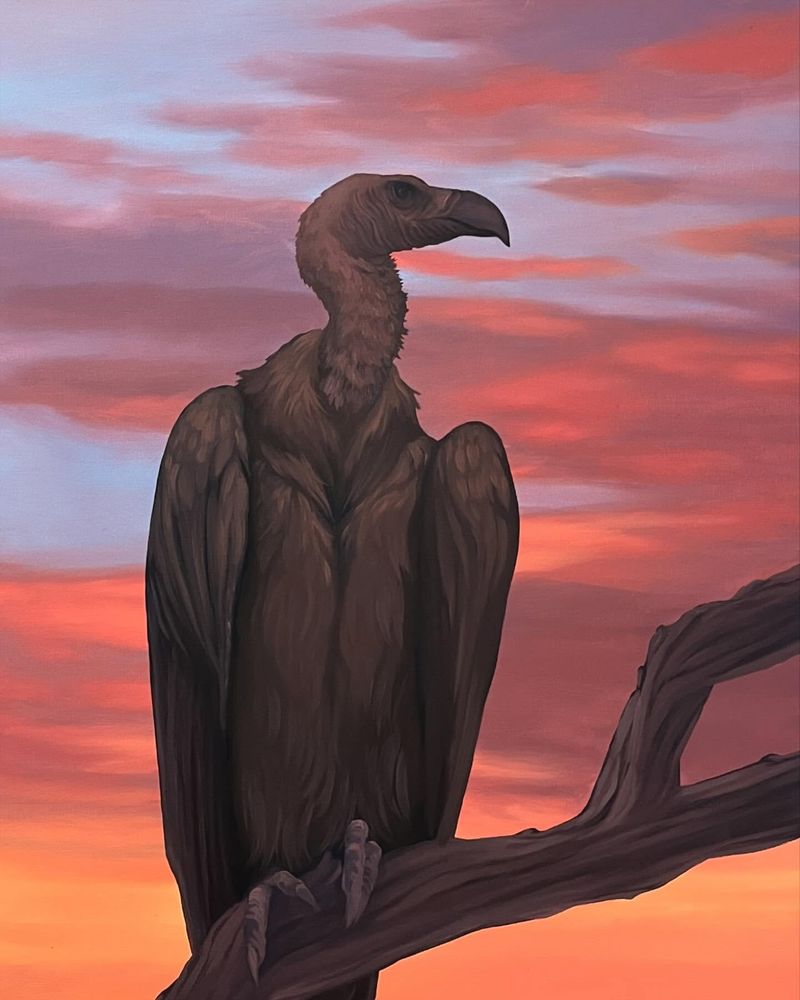
While vultures are not directly involved in cleansing the air, their role in rapidly disposing of carcasses prevents the release of potentially harmful gases into the atmosphere.
By consuming decaying organic matter, vultures help reduce the production of methane and other greenhouse gases that contribute to climate change.
29. Unmatched Scavenging Efficiency
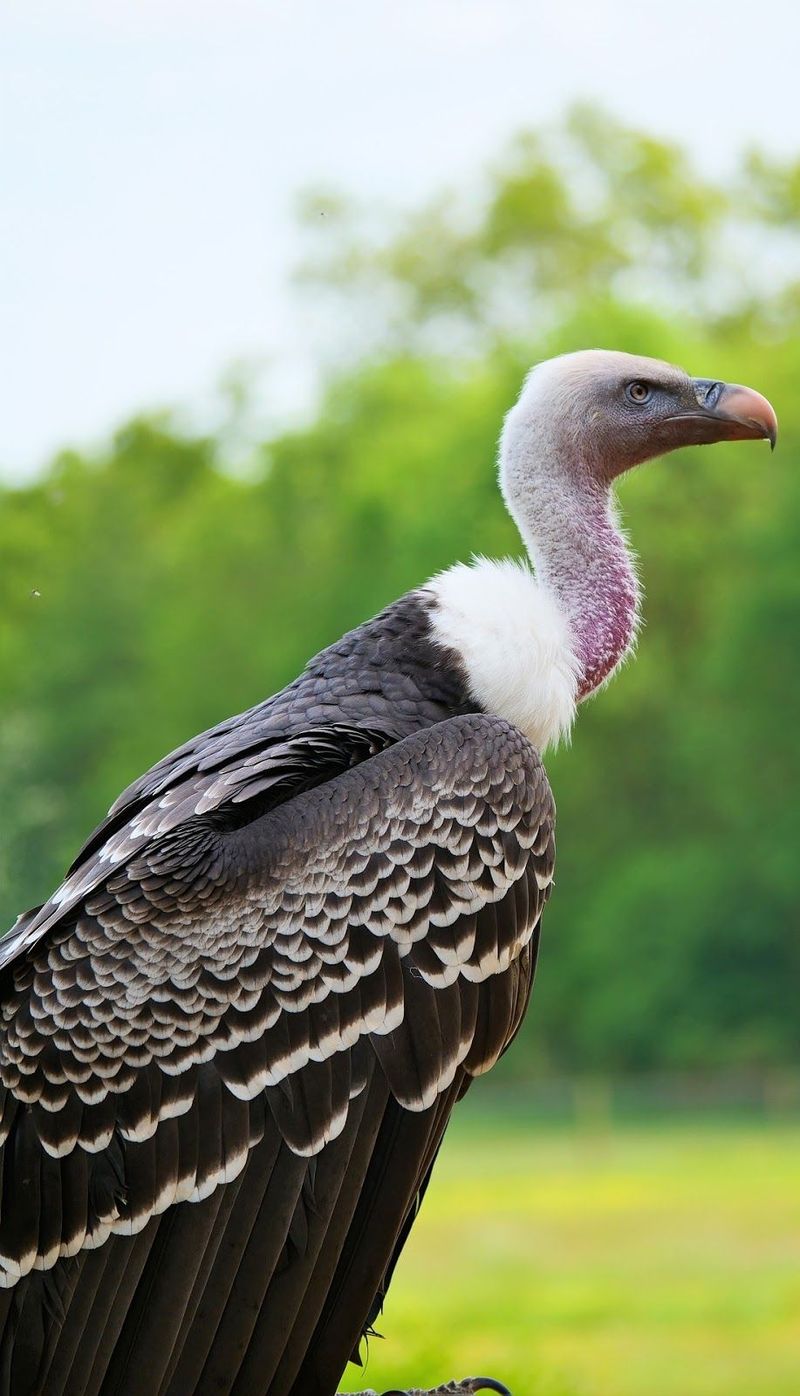
Vultures are unmatched in their efficiency as scavengers, capable of consuming carcasses with incredible speed and precision.
Their sharp beaks and powerful digestive systems allow them to break down tough animal tissues quickly, leaving little waste behind.
This efficiency is crucial in reducing the spread of diseases and supporting nutrient cycling.
30. Positive Environmental Impact
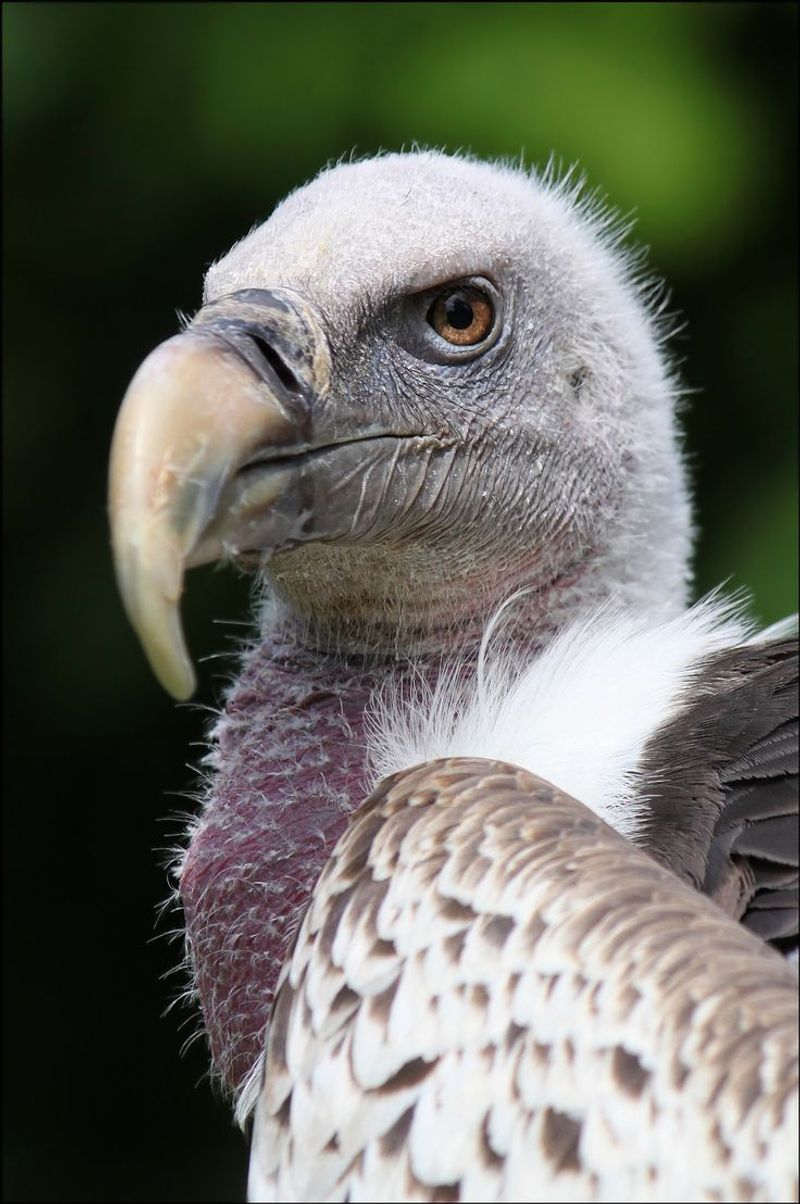
Vultures have a profoundly positive impact on environmental health by contributing to the cleanliness and balance of ecosystems. Their scavenging activities prevent the accumulation of animal waste, reducing the risk of disease transmission and promoting the recycling of nutrients.
By maintaining the balance of predator and prey populations, vultures help ensure the stability of ecosystems. Their role in nutrient cycling supports plant growth, which in turn sustains diverse animal communities.

